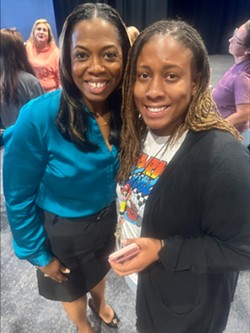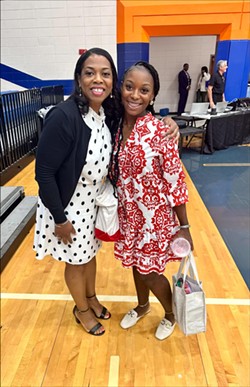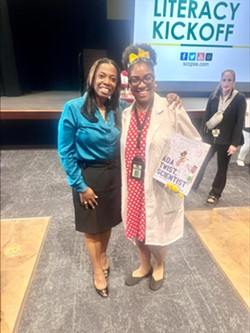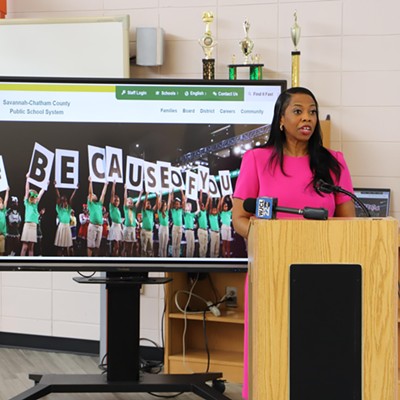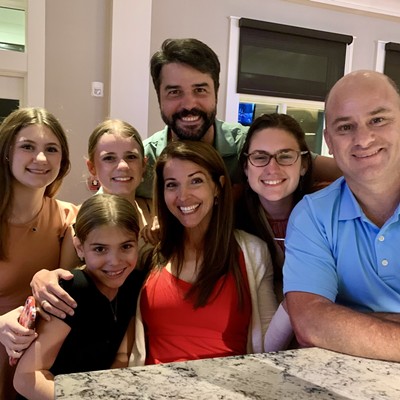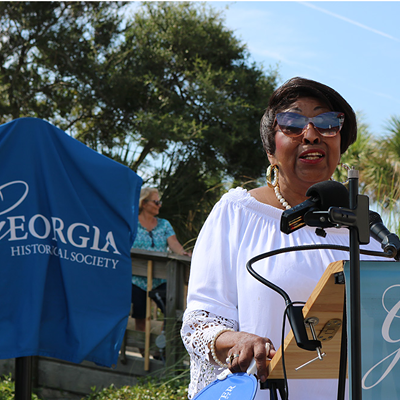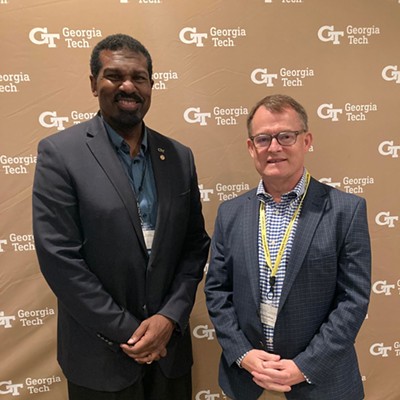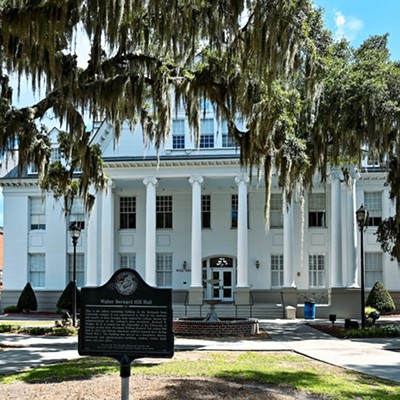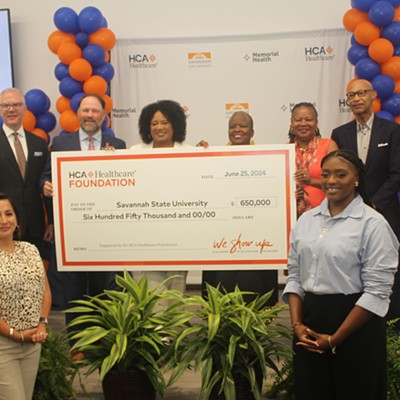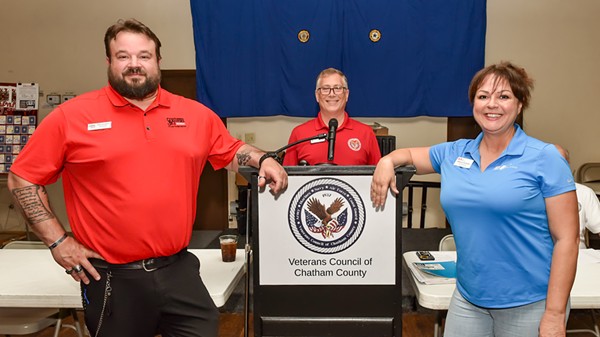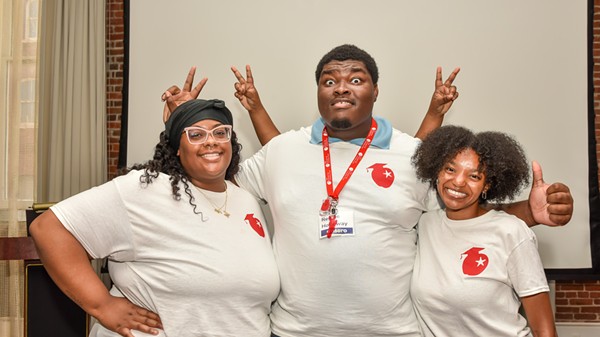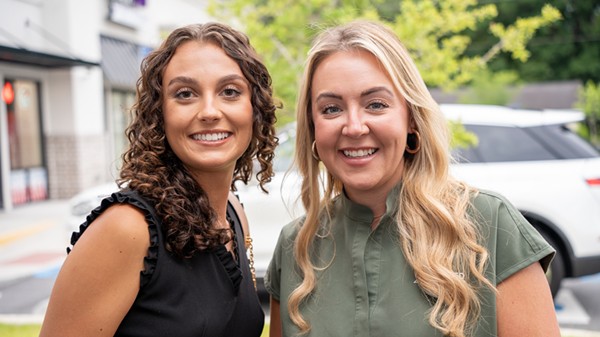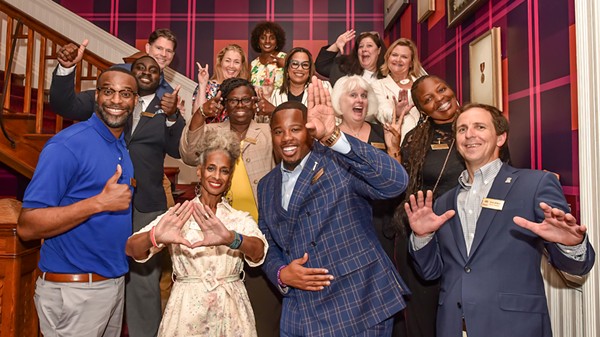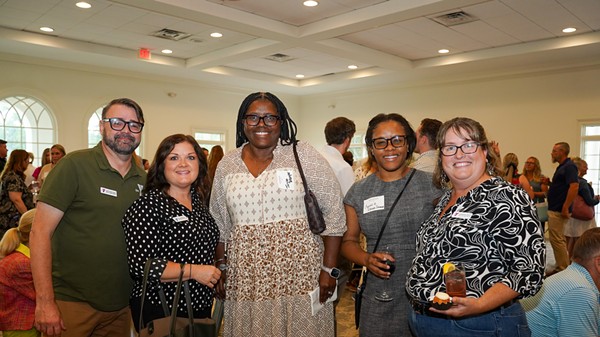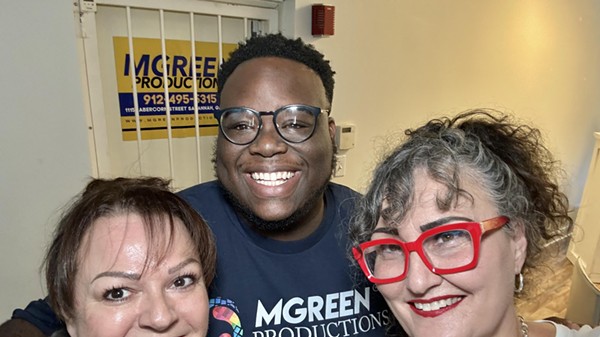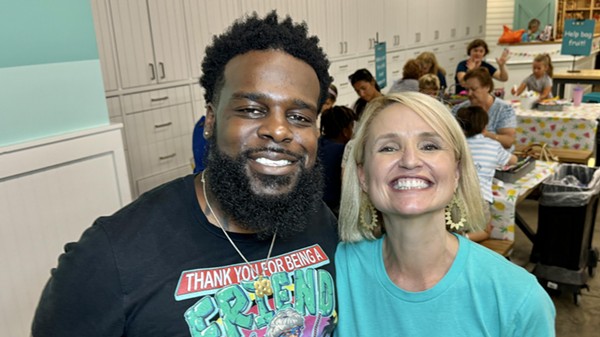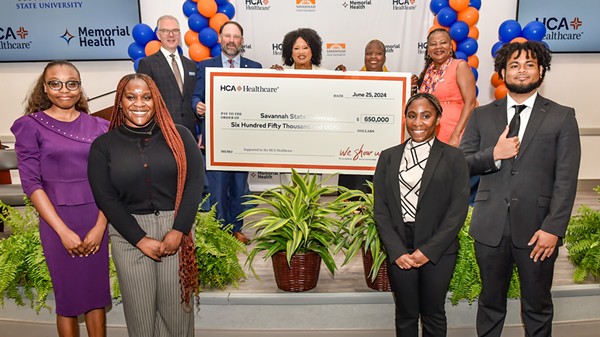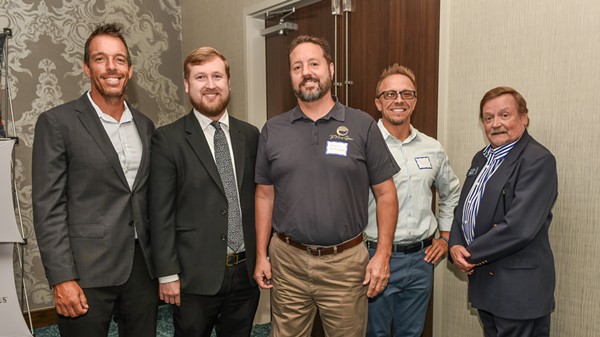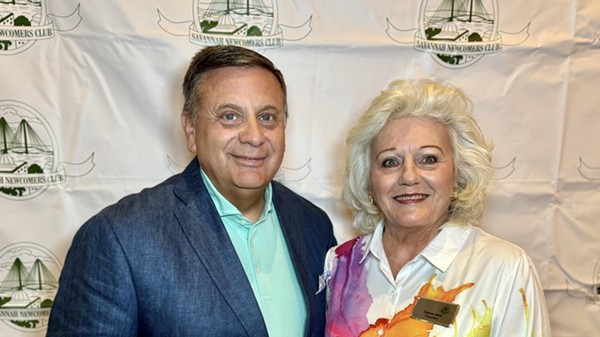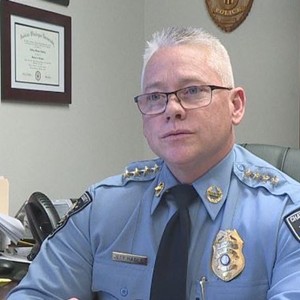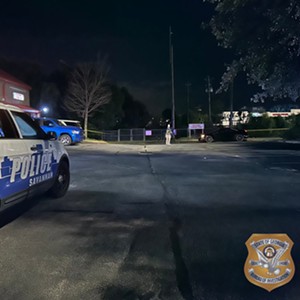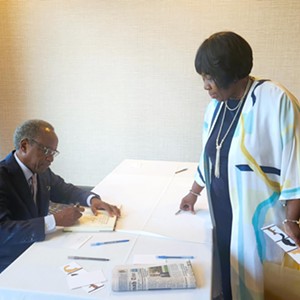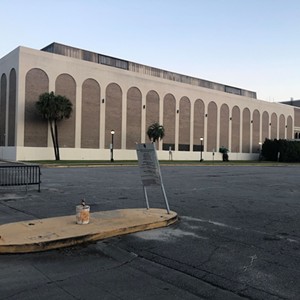In a press conference last week recapping her first year on the job, Dr. Denise Watts, Savannah-Chatham County Public School System Superintendent, signaled that she is willing to look at any and all new ideas to recruit and retain teachers.
Teacher recruitment and retention is one of the most important issues facing SCCPSS. “The problem is not just current teachers exiting the field, it’s that there are fewer people entering the profession to replace them,” said Dr. Denise Watts. “You can’t talk about teacher recruitment without talking about teacher retention.”
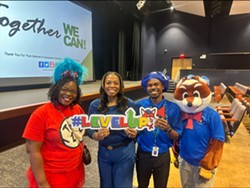
Of the innovative ideas, Watts says, “workforce housing comes to mind, childcare opportunities for our employees comes to mind. My hope for the future is that we can create a value proposition that includes pay that bolsters the beautiful living experience we have in Savannah.”
In an exclusive interview with Connect Savannah, Watts said, “We have launched a compensation study, and there might be some adjustments as it relates to the payscale.”
Last week, SCCPSS released the FY25 pay scale for teachers. The scale tops out at step 26. Only teachers who have 25 or more years in Chatham County qualify for steps 25 and 26 salary.
What does this mean for SCCPSS?
Teachers who top out at 24 to 26 years of experience no longer receive pay increases based on years of service. This can result in highly-skilled teachers leaving the profession or transferring to private schools after they max out on the pay scale. Additionally, it can discourage seasoned teachers from other districts from wanting to teach in SCCPSS schools.
Of the pay scale Watts says, “right now, it is imperfect, it is what we have, that’s not enough. ... I hope that our community will understand that state funding does not provide for the money to do a lot of these significant changes.”
Watts continues, “... if we are really committed, if our audio and our video matches, everyone says that they support public education, everyone says that teachers should be paid more, but that requires an investment from everyone."
“The litmus test for me is when my own two boys are deciding on jobs and careers, I had to actually hold myself back a little bit from encouraging them from going into the field that I have grown up in and loved ... and that is not something that I am proud of or something that I want for any current teacher or future teacher.”
Watts is not alone. A recent study showed that fewer than one in five Americans would encourage a young person to become a K-12 teacher.
When school districts can’t attract and retain enough teachers, students suffer.
According to the Economic Policy Institute, in 2022, teachers made on average 26.4 percent less than other similarly-educated professionals; in Georgia that number was even worse at 28.3 percent less.
Research done by The Annie E. Casey Foundation shows that Georgia ranks 33rd in the country for per-pupil spending. That means in-classroom support, resources, and professional development opportunities are also limited for Georgia school teachers.
Another reason teachers are leaving the profession is a lack of respect combined with a culture often plagued by toxic work environments.
Watts has dedicated herself to listening to teachers, “I have done it in a myriad of ways and I’ll continue to do it. It's been meeting people where they feel comfortable meeting—whether it be at 7:00 p.m. after all of the cars have pulled out of 208 Bull Street, at a coffee shop, or in an email where they ask up front ‘don’t share my name and don’t copy somebody else on it.’ I’m always going to, when people feel uncomfortable, be an advocate for a way to protect them so that they don’t have to experience that (fear of retaliation), but we can still get to a solution.”
“It is a chipping away process. Culture and climate are not a one-fell-swoop solution, we all have to demonstrate that we are willing to listen, that people are entitled to their perspective and their opinions about things, whether we agree or disagree with them ...” says Watts.
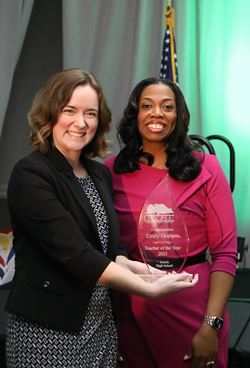
“What I encourage them (teachers) to do is to reach out because one of the things that will support culture and climate, which supports teacher retention, is having a voice. People are willing to not necessarily have the compensation that they need if they are in a supportive climate and culture,” says Watts. “Compensation is a part of that, but the culture is another very important part of that.”
“We have to acknowledge it when it is done well—because we want to celebrate and highlight ‘this is when it really worked,’ because then people replicate that—and on the other side of that is we have to hold people accountable when it doesn’t. If I see any retaliation or someone creating conditions in which someone doesn’t feel psychologically safe to share something, we have to be willing to address that head-on because when you don’t, it festers and that is how it becomes a part of the culture, when it is not addressed.”


